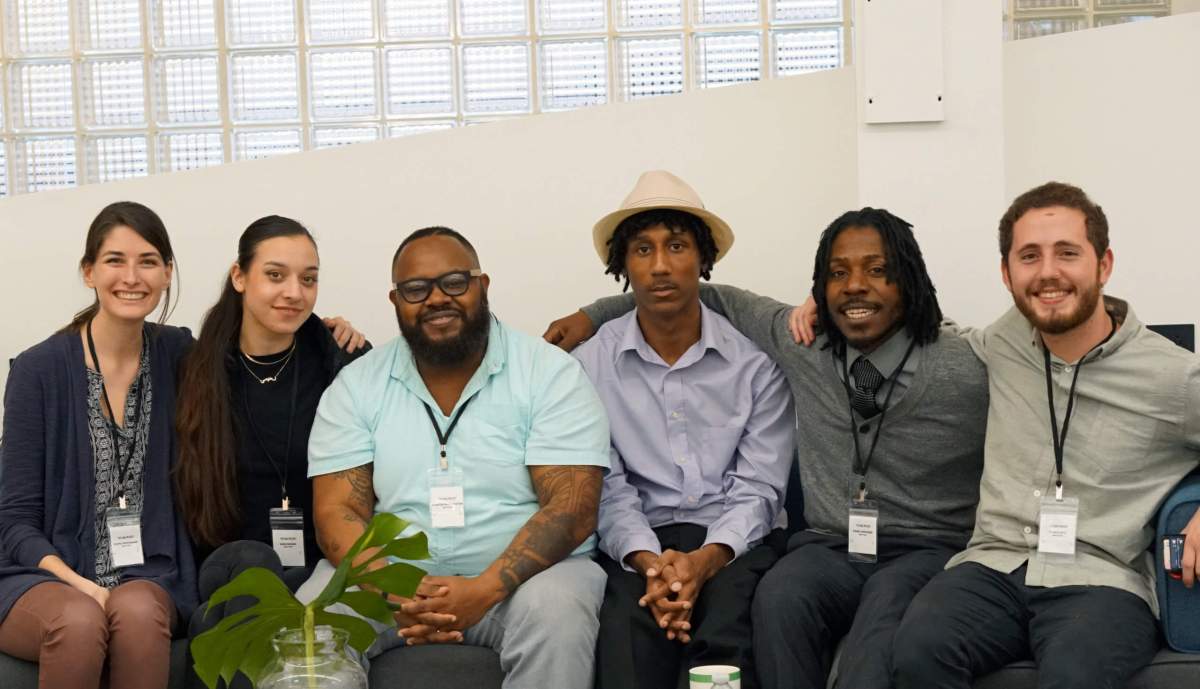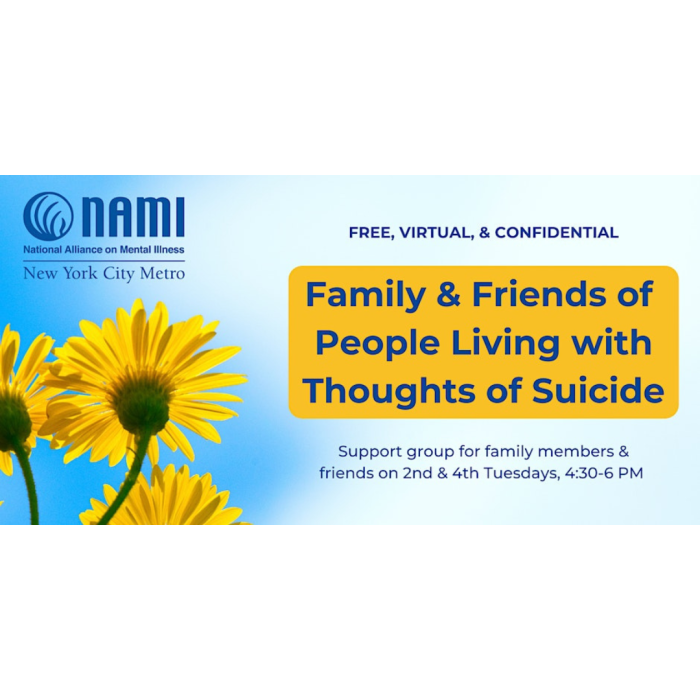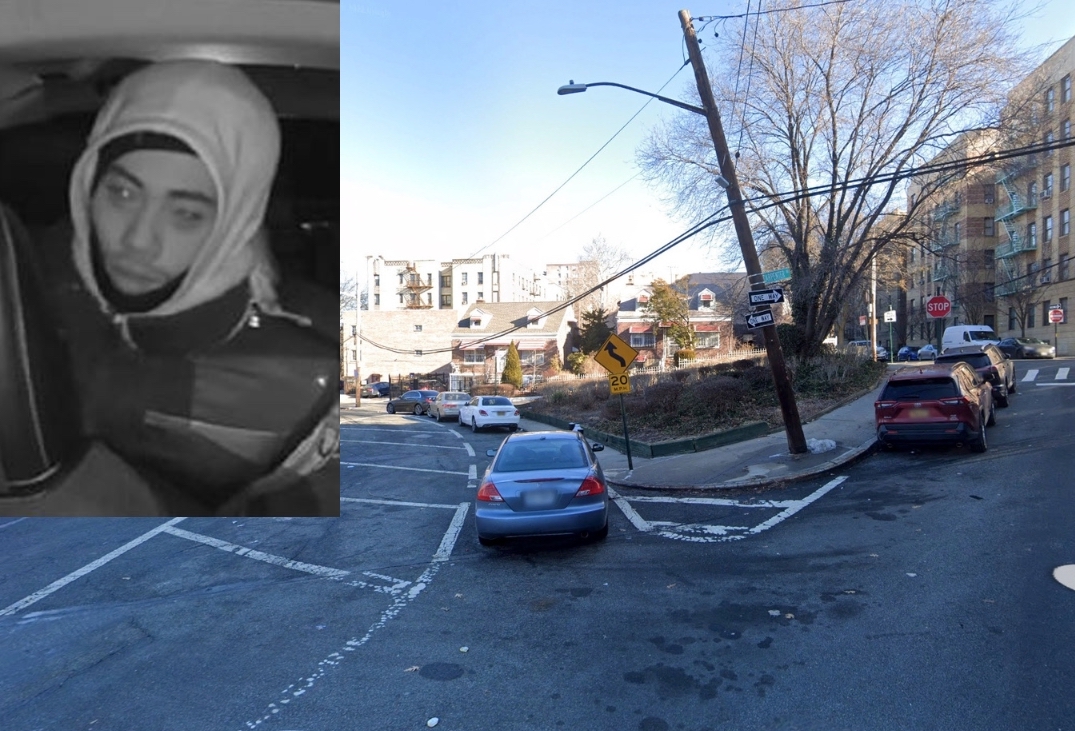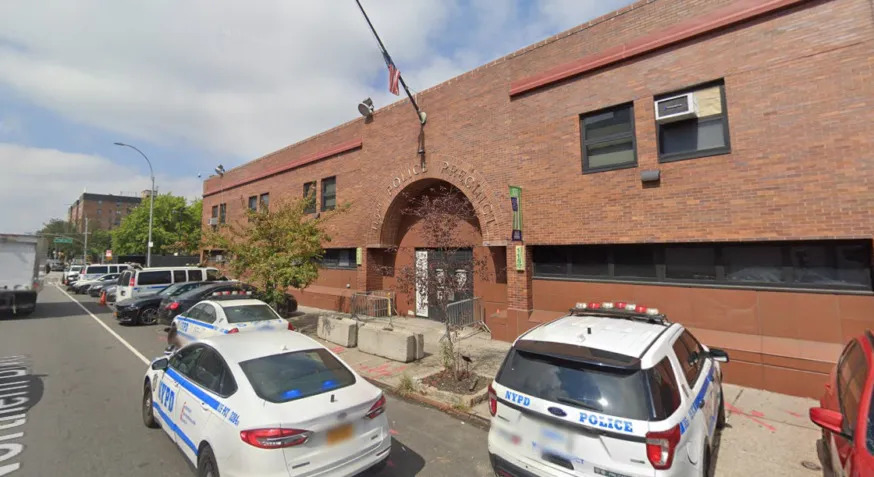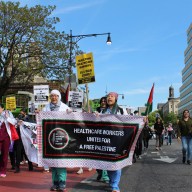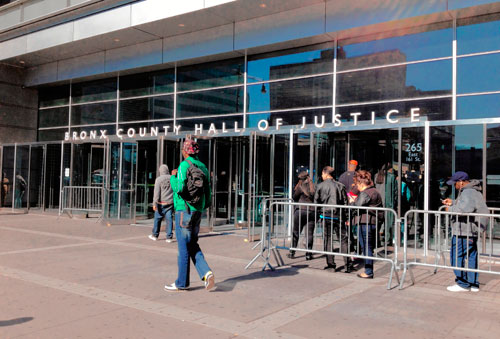After nearly 13 years of assisting people post bail, the Bronx Freedom Fund shuttered its doors when New York eliminated most cash bail for nonviolent felonies and misdemeanors in January.
Founded in 2007, The Bronx Freedom Fund, 237 McClellan Street, posted bail for thousands of low-income New Yorkers incarcerated before trial.
Director of the Freedom Fund Elena Weissmann, 28, said while she is sad the non-profit has ceased to exist, she knows how important it was. Weissmann joined the Freedom Fund in July 2016 and has advocated for hundreds of people navigating the bail system.
“Through its decade-long effort to transform pretrial justice in New York, The Bronx Freedom Fund reunited thousands of families separated by bail, while pioneering the revolving bail fund model as a tool in the fight against mass incarceration and the criminalization of race and poverty,” it said on its website. “From the bottom of our hearts, we thank the thousands of people who powered this critical effort. Today, New York is one step closer to equal justice because of you.”
Weissmann spoke with the Bronx Times about how her organization and how important bail reform is.
According to Weissmann, the justice system is flawed because majority of people in jail are black or Latino and, too often, those with very little money suffer in jail while people with money stay out.
“In an ideal world there would be no cash bail,” she said. “It’s not a question of who’s in jail, but why are they there?”
She noted the Freedom Fund was only allowed to pay $2,000 or less, so it could not help everyone.
Unless a judge issues remand, no one should have to spend a night in jail before trial, she commented.
Unfortunately, most people plead guilty to get their cases dismissed or do less time. However, she is not saying some people shouldn’t be locked up, but not until they go trial.
“We were just here to equal the playing field,” Weissmann said.
Looking to the future, she said one issue that needs to be looked at is mental health. Too many people are incarcerated who have mental illnesses, instead of receiving proper medical treatment.
“Putting someone in jail (with mental issues) isn’t going to solve any of that,” she said.
Looking back on her time with the Freedom Fund, she is happy she and her colleagues made a difference.
“It’s been a privilege to be at the Freedom Fund,” Weissmann said. “I worked with a very talented passionate team. I just feel very lucky to have been part of it.”

